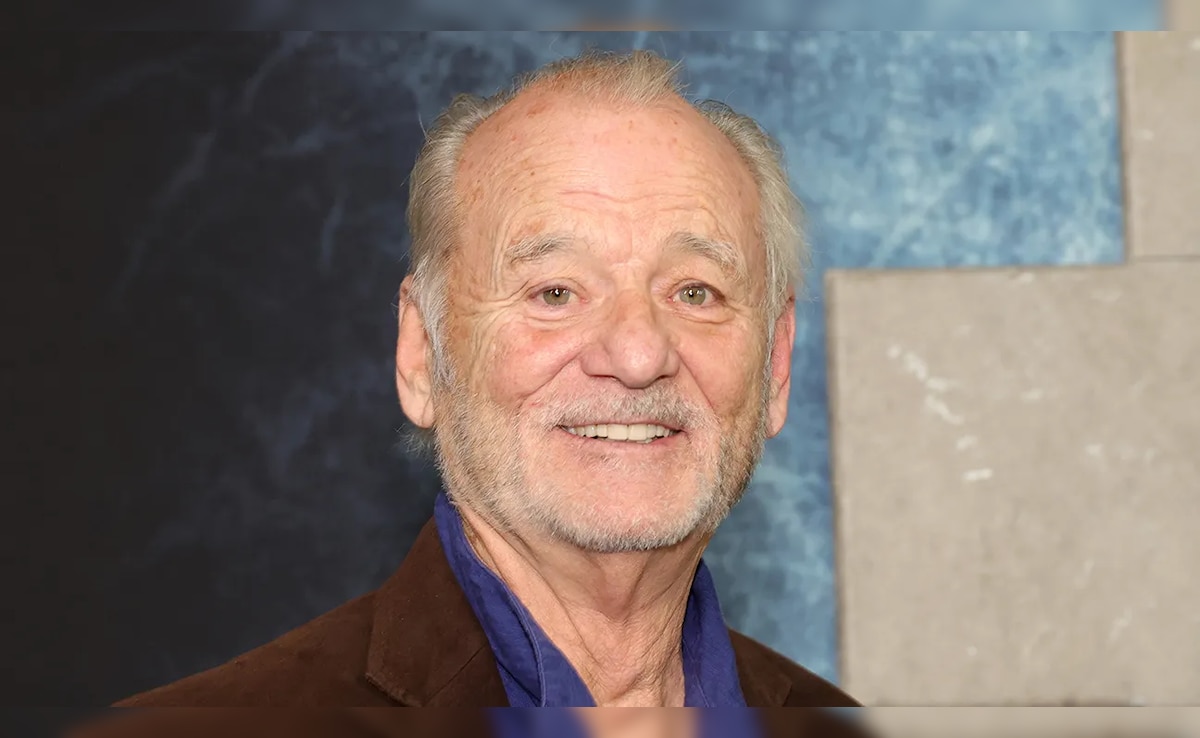In a series of events that took place over the course of 2022, renowned actor Bill Murray found himself in the midst of a public relations storm following accusations of inappropriate conduct on the set of Disney’s Searchlight Pictures adaptation of “Being Mortal.” These allegations have raised eyebrows, sparking widespread discourse about workplace behavior and the boundaries of humor.
The allegations first emerged in April 2022, when a young crew member accused Murray of misconduct during the filming of “Being Mortal.” Details surrounding the nature of the alleged behavior remain somewhat nebulous, but they were significant enough to halt production temporarily while an investigation was carried out. During this time, the set became the focus of heightened scrutiny, with the media and industry figures alike eager to unearth the particulars of the case.
The fallout from the accusations was immediate and far-reaching. The project involved some notable names, and the hold on production prompted concerns about the film’s future. As the situation unfolded, many awaited comments from those involved, particularly Bill Murray himself.
In response to the allegations, Murray initially expressed regret for the incident but stopped short of providing a detailed account of what happened. His statement emphasized that he believed his actions were meant as a joke and that humor was his intent. “It was funny,” he reportedly described, underscoring a potential disconnect between intention and perception.
Murray’s response opened up discussions about the often blurred lines between comedy and misconduct, particularly in a professional setting. The notion of “it was just a joke” does not always justify behavior that others perceive as uncomfortable or unacceptable, emphasizing the importance of intent versus impact in workplace interactions.
This incident comes in an era where the film industry is increasingly vigilant regarding issues of conduct and harassment. With movements such as #MeToo highlighting the pervasive nature of such misconduct in Hollywood, the industry has been compelled to reassess and strengthen its standards and practices for ensuring safe and respectful work environments.
Subsequent interviews and public comments by Murray have seen him attempt to bridge the gap between his comedic persona and the serious nature of the allegations made against him. He has expressed a willingness to learn and adapt, acknowledging that times have changed and what might have once been accepted as humor might no longer be interpreted in the same way. It reflects a broader recognition that sensitivity and awareness are crucial components of modern professional interactions.
The production of “Being Mortal,” directed by actor-comedian Aziz Ansari, brought additional focus due to Ansari’s own past controversies. Ansari, who also faced accusations of misconduct in 2018, marked his directorial debut with this project. Given this background, the production set itself became emblematic of the entertainment industry’s ongoing journey toward a more respectful and accountable environment.
As the dust has settled on the immediate aftermath of the allegations against Murray, discussions have continued about how comedic intentions reconcile with evolving societal norms. Comedians, known for pushing boundaries, are increasingly navigating a landscape where understanding audience sensitivities is paramount.
For Bill Murray, a veteran actor whose career has spanned decades and who is known for his offbeat humor and eccentric public antics, the situation presents a complex challenge. How does one balance staying true to comedic roots while also adapting to contemporary expectations? This dilemma is not unique to Murray but resonates with many entertainers finding their footing in a rapidly changing cultural milieu.
The case also shines a light on broader conversations about power dynamics on film sets. Many young and emerging crew members may find themselves in situations where the power imbalance makes it difficult to address uncomfortable situations. The industry is therefore tasked with establishing not just policies but also environments where dialogue and accountability are encouraged.
While the future of “Being Mortal” remains uncertain, the ripple effects of the allegations against Bill Murray continue to be felt across the industry. Production companies are more vigilant than ever, ensuring preventative measures are in place to avoid similar situations. There’s a collective acknowledgment that safeguarding dignity and respect in the workplace is paramount for sustainable creative collaboration.
As for Murray, the wider audience will be watching closely to see how he navigates the aftermath of these allegations in his future projects and public persona. Can he successfully advocate for the comedy he believes in while demonstrating the sensitivity required in today’s world?
Ultimately, the situation serves as a poignant reminder of the need for continued conversation, education, and empathy in fostering environments where creativity can flourish without compromising respect. Through this, the entertainment industry, and perhaps society at large, can strive towards a balance where humor and humanity coexist harmoniously.






